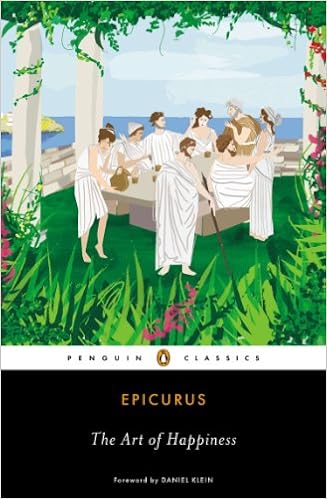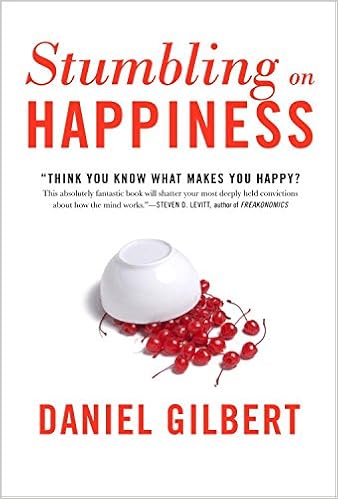Why Epicureanism?
Like many people, I watched an entire season of House of Cards in one weekend. And I ate a lot of junk food doing it. Also, I may have had an alcoholic beverage or two. After a long week at work, it’s nice to just watch TV and not do anything. But after a while, I feel disgusting. What I thought would be pleasurable, was in fact, not so. Where did I go wrong? I decided to look to Epicureanism for an answer.
When we think of being an “Epicurean” today, we think of someone who is into living a luxury lifestyle. A modern Epicurean might have a fancy apartment in SoDoSoPa, eat at the best hole-in-the-wall but still expensive restaurants, and take exotic vacations.
The modern Epicurean hedonist thinks he needs to add more to his life for it to be pleasurable.
The ancient Epicurean hedonist believes he should subtract from his life to make it less un-pleasurable. | Expand
Epicureanism
History
- Epicurus lived from 341-270 BCE in Greece and founded a philosophical school at his house, called “The Garden.” The inscription on the gate read Stranger, here you will do well to tarry; here our highest good is pleasure.”
- The goal of Epicureanism to achieve ataraxia, a freedom from fear and state of tranquility.
- Epicurus believed that gods existed, but they were not interested in the lives of humans.
Read More
The Art of Happiness
 A collection of Epicurus’ teachings. Feel free to skip his theories on atoms and such and move on to his other work.
A collection of Epicurus’ teachings. Feel free to skip his theories on atoms and such and move on to his other work.
Stumbling on Happiness
 Gilbert is a Harvard psychologist who researches happiness. Much of his research is congruent with Epicurus’.
Gilbert is a Harvard psychologist who researches happiness. Much of his research is congruent with Epicurus’.
Mr. Money Mustache
 This is an early retirement blog focused on living the good life without acting like a typical American consumer.
This is an early retirement blog focused on living the good life without acting like a typical American consumer.
The Minimalists
 A blog written by two friends who realized that they weren’t happy pursuing stuff or status or wealth. They sold most of their positions and moved to a cabin in Montana and have begun teaching the philosophy of minimalism.
A blog written by two friends who realized that they weren’t happy pursuing stuff or status or wealth. They sold most of their positions and moved to a cabin in Montana and have begun teaching the philosophy of minimalism.
In a Modern World...
Modern life teaches us that the pursuit of more will make us happy, but instead, this happiness by addition often causes more stress, lethargy, and unhappiness that far outpaces any marginal improvements. The ancient Epicurean subtractive approach of removing things from our lives that cause displeasure, is far more effective.
Epicurean Wisdom
My 30 Day Experiment
My Practice: Reduce TV consumption, minimize variety in my diet, spend more time with friends, and increase exercise
